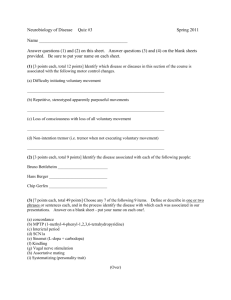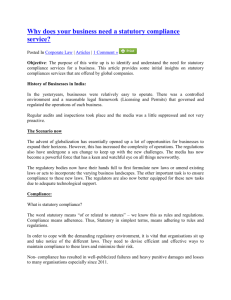Letter from Minister re Pre Legislative Scrutiny of Housing Bill Page 2
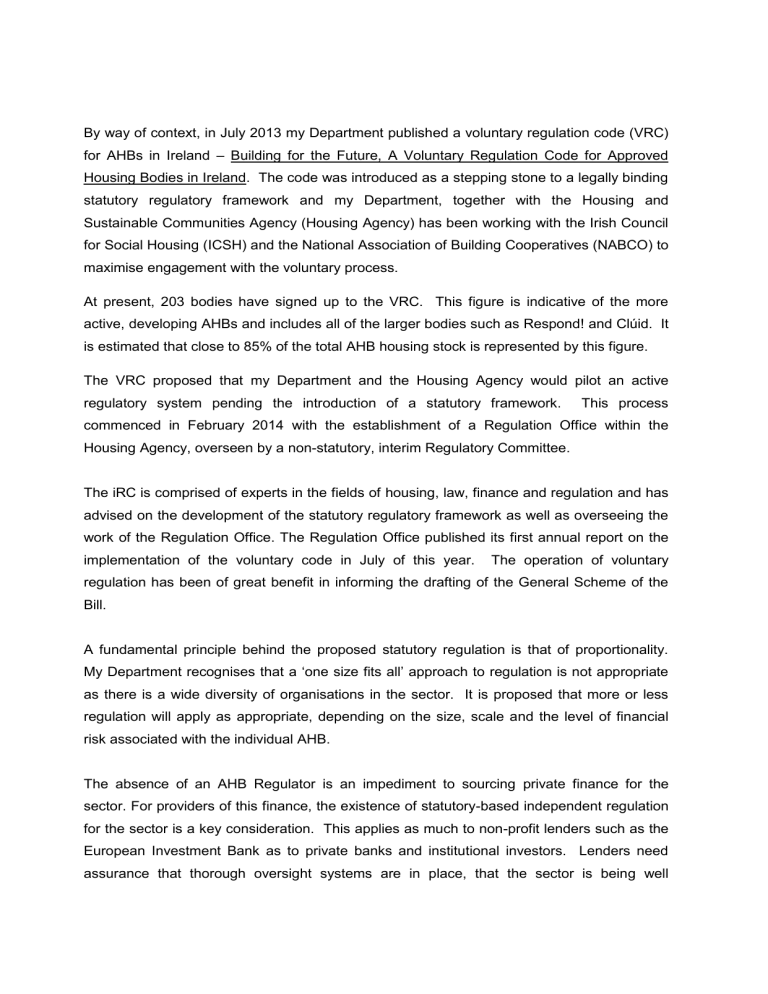
By way of context, in July 2013 my Department published a voluntary regulation code (VRC) for AHBs in Ireland – Building for the Future, A Voluntary Regulation Code for Approved
Housing Bodies in Ireland. The code was introduced as a stepping stone to a legally binding statutory regulatory framework and my Department, together with the Housing and
Sustainable Communities Agency (Housing Agency) has been working with the Irish Council for Social Housing (ICSH) and the National Association of Building Cooperatives (NABCO) to maximise engagement with the voluntary process.
At present, 203 bodies have signed up to the VRC. This figure is indicative of the more active, developing AHBs and includes all of the larger bodies such as Respond! and Clúid. It is estimated that close to 85% of the total AHB housing stock is represented by this figure.
The VRC proposed that my Department and the Housing Agency would pilot an active regulatory system pending the introduction of a statutory framework. This process commenced in February 2014 with the establishment of a Regulation Office within the
Housing Agency, overseen by a non-statutory, interim Regulatory Committee.
The iRC is comprised of experts in the fields of housing, law, finance and regulation and has advised on the development of the statutory regulatory framework as well as overseeing the work of the Regulation Office. The Regulation Office published its first annual report on the implementation of the voluntary code in July of this year. The operation of voluntary regulation has been of great benefit in informing the drafting of the General Scheme of the
Bill.
A fundamental principle behind the proposed statutory regulation is that of proportionality.
My
Department recognises that a ‘one size fits all’ approach to regulation is not appropriate as there is a wide diversity of organisations in the sector. It is proposed that more or less regulation will apply as appropriate, depending on the size, scale and the level of financial risk associated with the individual AHB.
The absence of an AHB Regulator is an impediment to sourcing private finance for the sector. For providers of this finance, the existence of statutory-based independent regulation for the sector is a key consideration. This applies as much to non-profit lenders such as the
European Investment Bank as to private banks and institutional investors. Lenders need assurance that thorough oversight systems are in place, that the sector is being well
managed and is financially viable and that there are mechanisms for intervention if problems arise.
The aims of the Bill are consistent with the objectives of the Programme for Government, enabling larger housing associations to access private sector funding for social housing.
More recently Construction 2020 and the Social Housing Strategy 2020 affirmed the central role in which AHBs have been placed under the Housing Policy Statement published in 2011.
The Strategy also includes a specific commitment to establish a statutory based regulator for the approved housing body sector in 2016.
My officials and I are available and would be happy to meet the Committee should a decision be made in favour of pre-legislative scrutiny.
Yours sincerely,
Alan Kelly, TD
Minister for the Environment, Community and Local Government
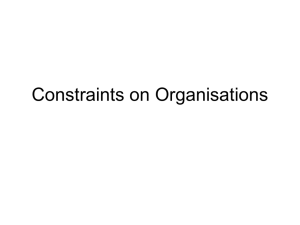
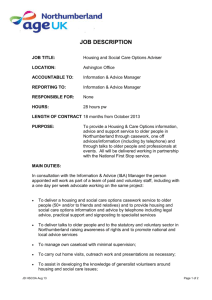



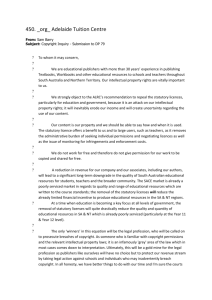
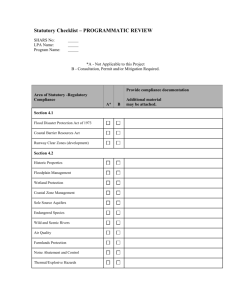

![Core RYDP Action Residential and Outdoor Education [docx / 21KB]](http://s3.studylib.net/store/data/006969889_1-6ef80f5876491593cb20dfe6591e2ddb-300x300.png)
